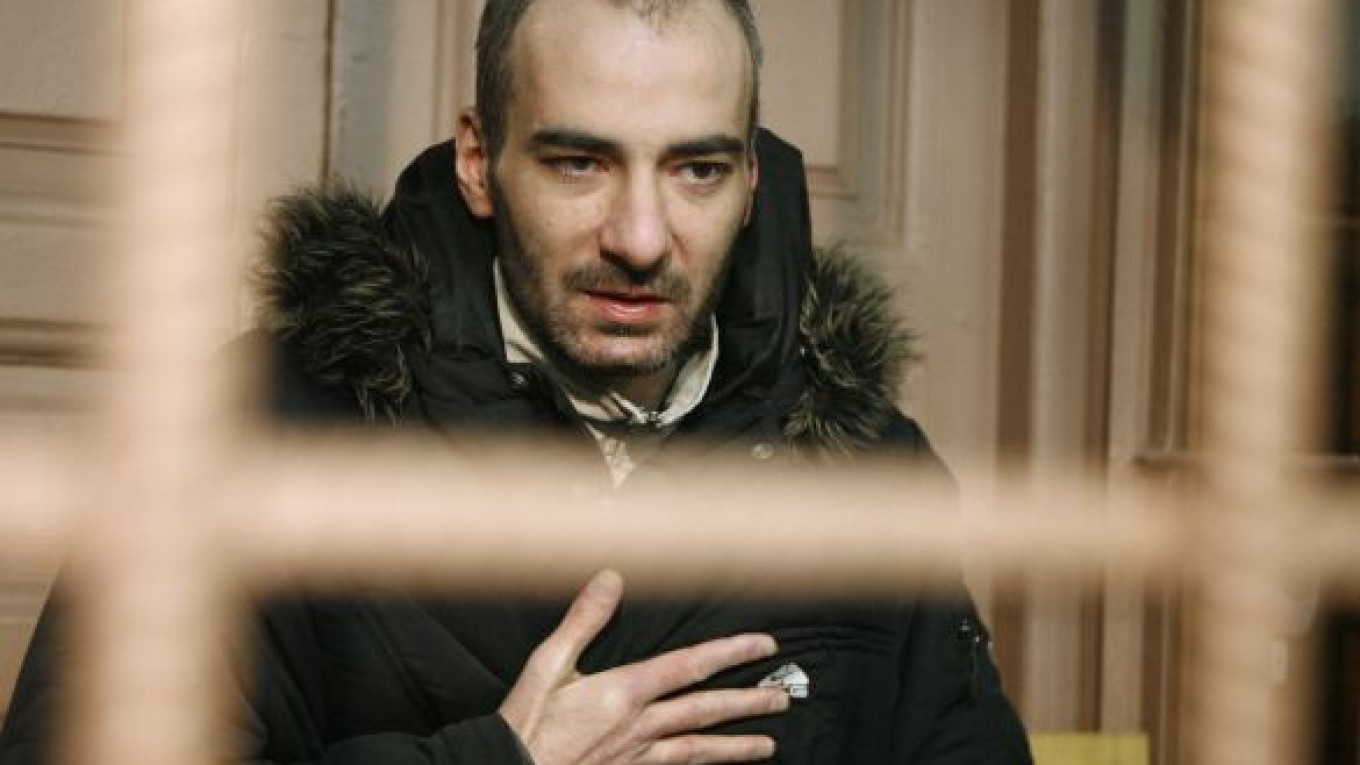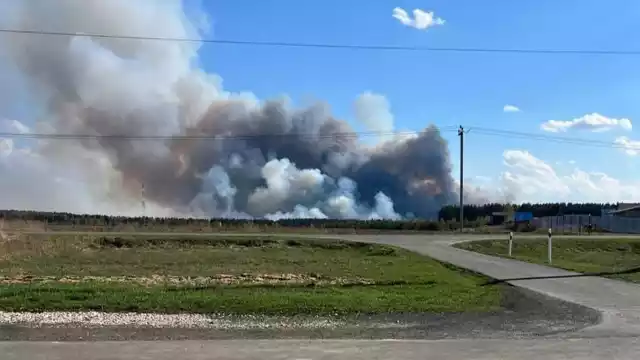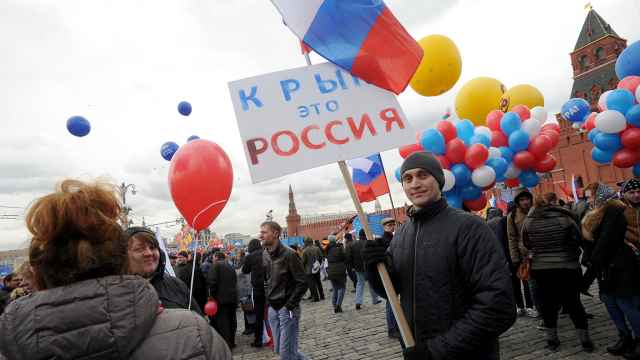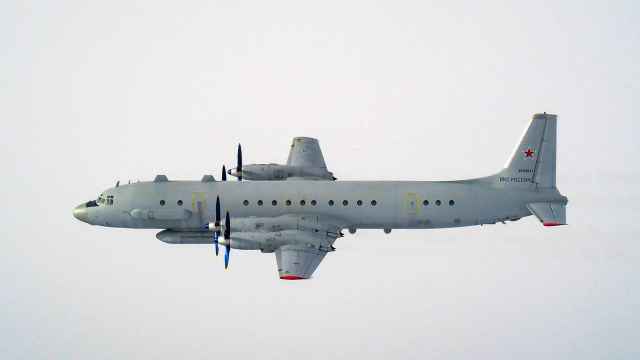Human rights activists said former Yukos vice president Vasily Aleksanyan, who died this week of AIDS-related illnesses, would have lived longer if the authorities had not kept him in prison for nearly three years on politically tainted charges.
Aleksanyan, who fought a protracted legal battle with the authorities before finally being freed on bail in 2009 to seek medical treatment, died at home Monday at the age of 39.
"It was practically a murder," rights champion Valery Borshchyov told Business FM radio on Tuesday. "He could have lived longer if he had not been kept in detention."
Rights veteran Lev Ponomaryov echoed those sentiments.
"Aleksanyan's death, no doubt, was hastened by the fact that he was kept in prison for a long time while he was seriously sick. He went blind in prison," said Ponomaryov, Interfax reported. "We have a cruel system. And people are cruel, not only the system."
He reiterated the belief of many supporters of Aleksanyan and his former boss, Mikhail Khodorkovsky, that the charges of embezzlement and tax evasion against Aleksanyan amounted to Kremlin punishment for Khodorkovsky's political and commercial ambitions.
Harvard-trained Aleksanyan, who long served as Yukos' top lawyer, quit the company after Khodorkovsky's arrest in 2003 but returned in March 2006 as an executive vice president to work with Yukos' court-appointed bankruptcy manager, Eduard Rebgun. A month later, he was arrested.
A few months after his detention, Aleksanyan learned he was HIV-positive. He also began to lose eyesight in his one good eye. The other eye had been blind since a childhood accident.
Aleksanyan and his lawyers said the authorities used his illness as a bargaining chip, threatening to withhold treatment unless he agreed to testify against Khodorkovsky and his jailed business partner Platon Lebedev.
The account is similar to the story of Hermitage Capital lawyer Sergei Magnitsky, whose supporters say he was pressured to testify against his clients before he died of untreated health problems in a Moscow prison in 2009.
The United States in July imposed travel restrictions on a blacklist of about 60 officials implicated in Magnitsky's death.
Novaya Gazeta on Tuesday released a blacklist of 31 state officials involved in the prosecution of Aleksanyan, including Investigative Committee head Alexander Bastrykin.
Aleksanyan's AIDS only became public knowledge in early 2008 after Prosecutor Vladimir Khomutovsky controversially revealed it during a Supreme Court hearing.
International pressure grew throughout the year to release Aleksanyan on bail for health reasons. In addition to full-blown AIDS and fading eyesight, he suffered from liver cancer, lymphoma and tuberculosis.
In December 2008, the Moscow City Court ordered his release on bail of 50 million rubles. He posted the money and was freed in January 2008. But he was repeatedly summoned to attend court hearings, where he wore a face mask and could barely stand up during the proceedings. The case against him was only dropped last year as the statute of limitations ran out.
Aleksanyan "lived like on a volcano" during his final years, said Yury Shmidt, a lawyer for Khodorkovsky.
"I was talking with a friend of Aleksanyan's three days ago. He told me that Vasily feels absolutely fine — he can eat, he can drink," Shmidt told Izvestia on Monday night. "But he lived all the time in such a state that if the slightest infection occurs, he could die in a second."
Aleksanyan is survived by his father, two brothers and a son. His funeral is planned for Thursday.
A Message from The Moscow Times:
Dear readers,
We are facing unprecedented challenges. Russia's Prosecutor General's Office has designated The Moscow Times as an "undesirable" organization, criminalizing our work and putting our staff at risk of prosecution. This follows our earlier unjust labeling as a "foreign agent."
These actions are direct attempts to silence independent journalism in Russia. The authorities claim our work "discredits the decisions of the Russian leadership." We see things differently: we strive to provide accurate, unbiased reporting on Russia.
We, the journalists of The Moscow Times, refuse to be silenced. But to continue our work, we need your help.
Your support, no matter how small, makes a world of difference. If you can, please support us monthly starting from just $2. It's quick to set up, and every contribution makes a significant impact.
By supporting The Moscow Times, you're defending open, independent journalism in the face of repression. Thank you for standing with us.
Remind me later.






